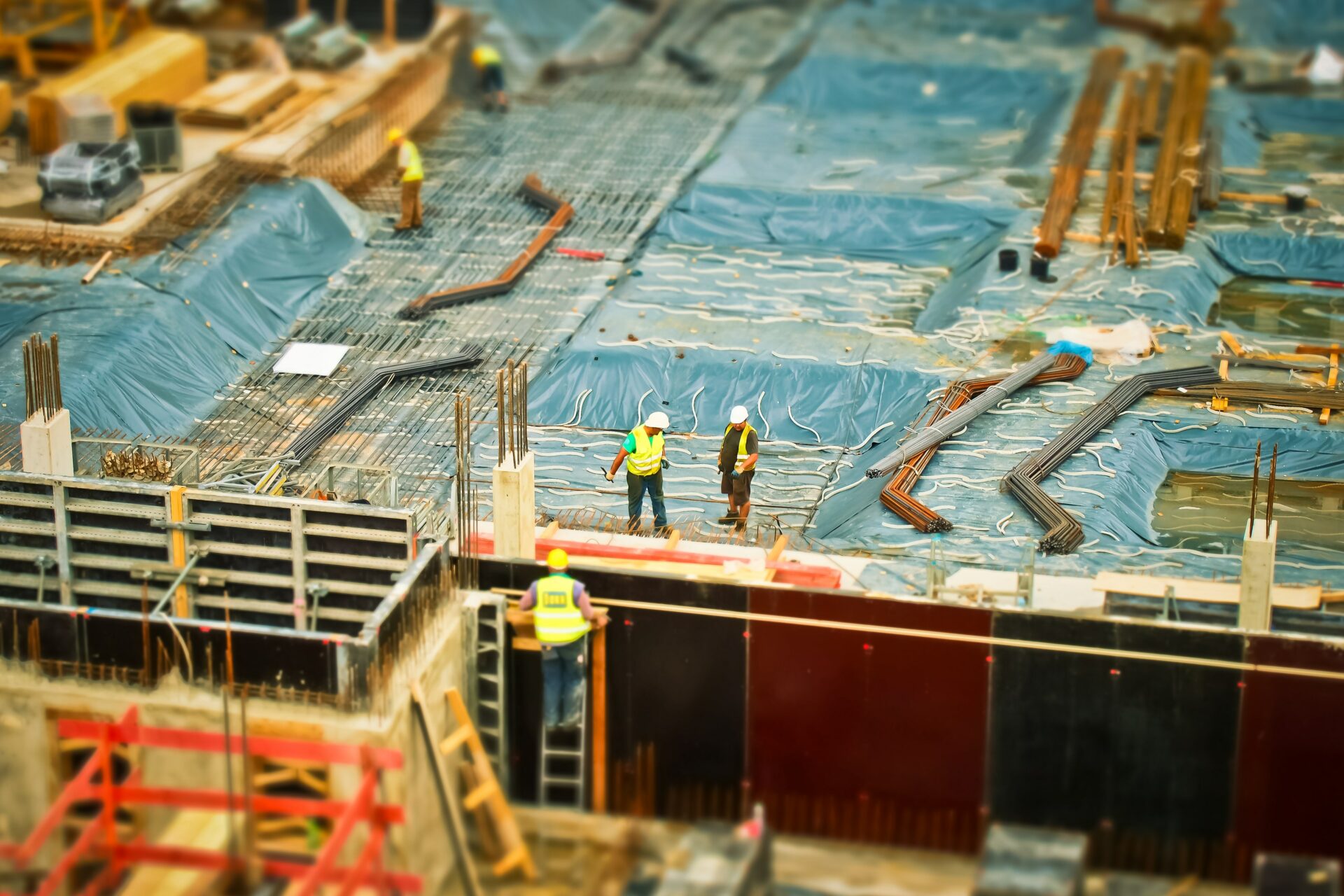Digitalisation is providing demonstrable advantages to every industry that has adopted it. While the sector has been slow to integrate digital tools, the construction industry is realising that it can’t be reticent anymore. That’s because digital tools can not only solve systemic problems but also equip construction businesses to be more innovative, competitive, and profitable.
The primary benefit of going digital for any industry is increased efficiency. And that’s something the sector badly needs. Legacy processes have hindered innovation, reduced revenue, increased turnaround time, and curtailed competitiveness. If you’re in the construction business, here’s why it’s time for construction sites to go digital.
You can streamline processes
Industries have integrated digital technologies because they can immediately streamline their processes. When all processes have a digital component – or only the digital component – it becomes easier for everyone to know the standard operating procedure. This would remove the need for needless queries and updates.
By streamlining construction processes from conceptualisation to pre-construction to on-site reporting, firms can make the process more transparent. There won’t be duplication of tasks because the delegation of tasks will be known to everyone.
You can coordinate better
The construction industry still relies on outdated processes to inform stakeholders. For several companies, documentation is still on paper, which makes it difficult to convey updates to others in the team or share them externally with the client. Digitalisation is the solution to this.
You can share updates with everyone in real-time and supplement the information with photos and videos through dedicated messaging software. Using chat groups for specific tasks, you can ensure that only those who need to know will get the updates. Managers can also remotely track site updates and give valuable feedback.
You can reduce costs
The main advantage of using artificial intelligence is that it allows you to collect more data and convert them into useful insights. While construction firms can use this information across domains, collectively it translates to cost efficiencies.
Artificial intelligence will help you better forecast project timelines, deliver relevant information for vendor selection, and give accurate predictions about potential errors. Using advanced analytics, you can predict cost fluctuations and profit margins. This helps you remove wastage and optimise your resources.
You can improve safety
Using technologies like drone footage, set cameras and positioning systems, contractors can improve the safety of their personnel at construction sites. For example, in case of fire evacuation, the positioning system shows you instantly if there is anybody left in the building and where.
Drone footage of the entire construction site helps to prepare and update the site layout. Done regularly, it also offers visual documentation of the site progress. External site cameras are today must-have during the frame erection and are useful for the material suppliers too, because they can check the site situation and plan their deliveries better in advance.
In short
Considering its benefits to construction firms, their employees, and clients, it’s time for the industry to deploy digital tools at construction sites.

